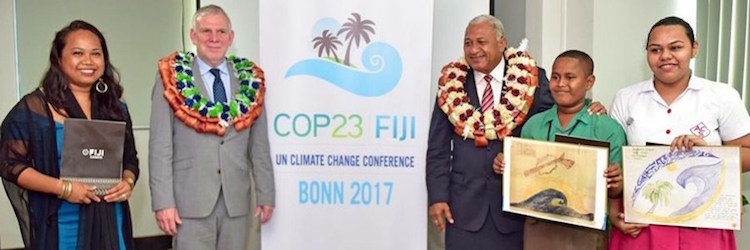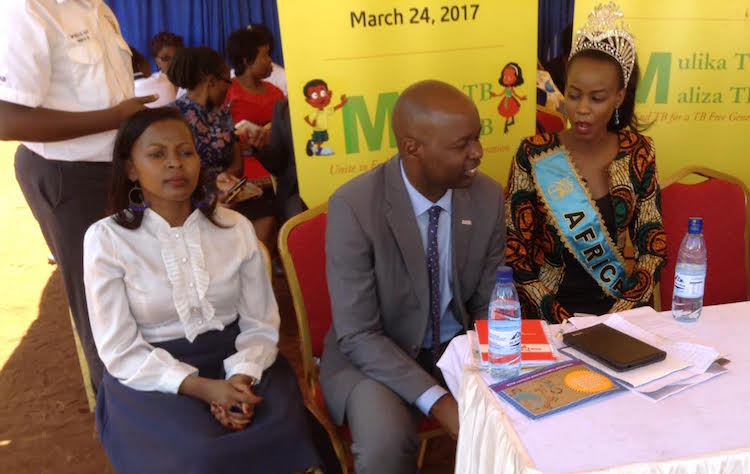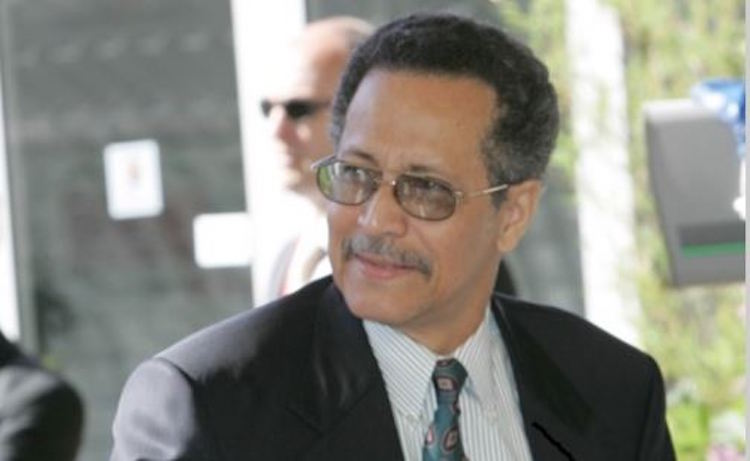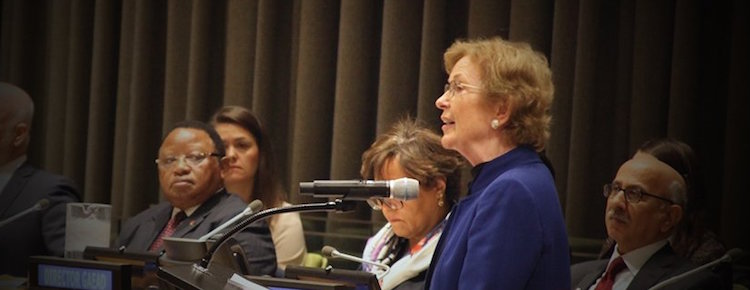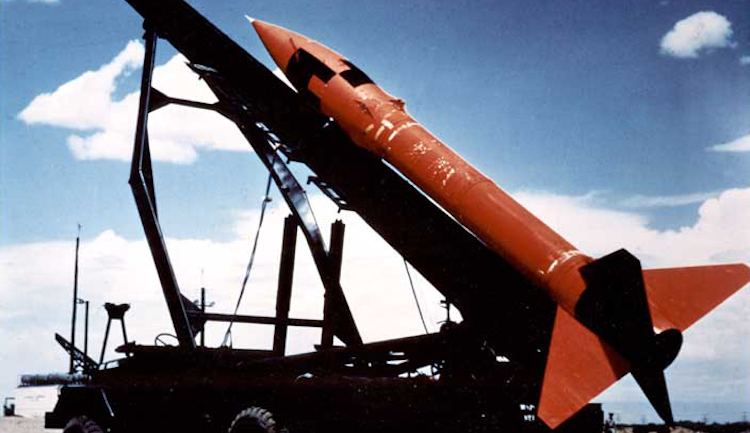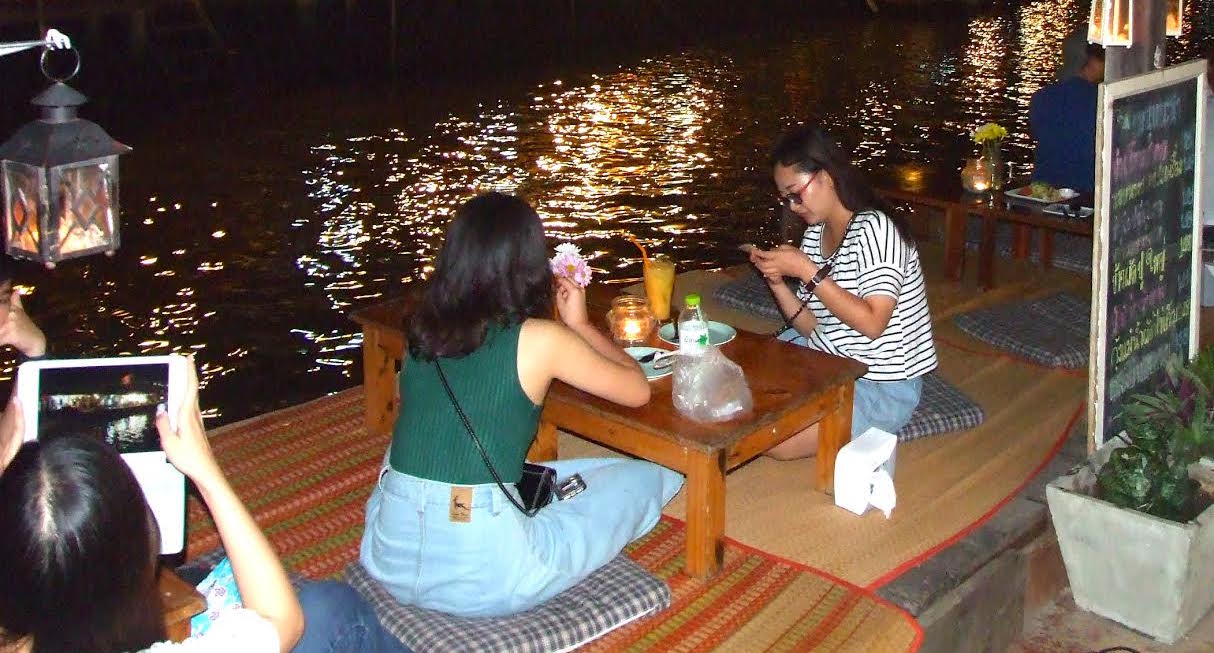By Jaya Ramachandran
BERLIN (IDN) – Brazil, South Africa, India and China have urged rich nations to honour their commitments made in Paris in 2015 and provide money, help in capacity building and transfer technology to developing countries to fight against climate change.
The four countries comprising BASIC made the plea in a joint statement emerging from their 24th Ministerial Meeting on Climate Change on April 10-11, 2017 in Beijing, China. The statement urged industrialized countries to honour their commitments and increase climate finance towards the 100 billion dollars per annum goal, to be scaled-up significantly after 2025.

